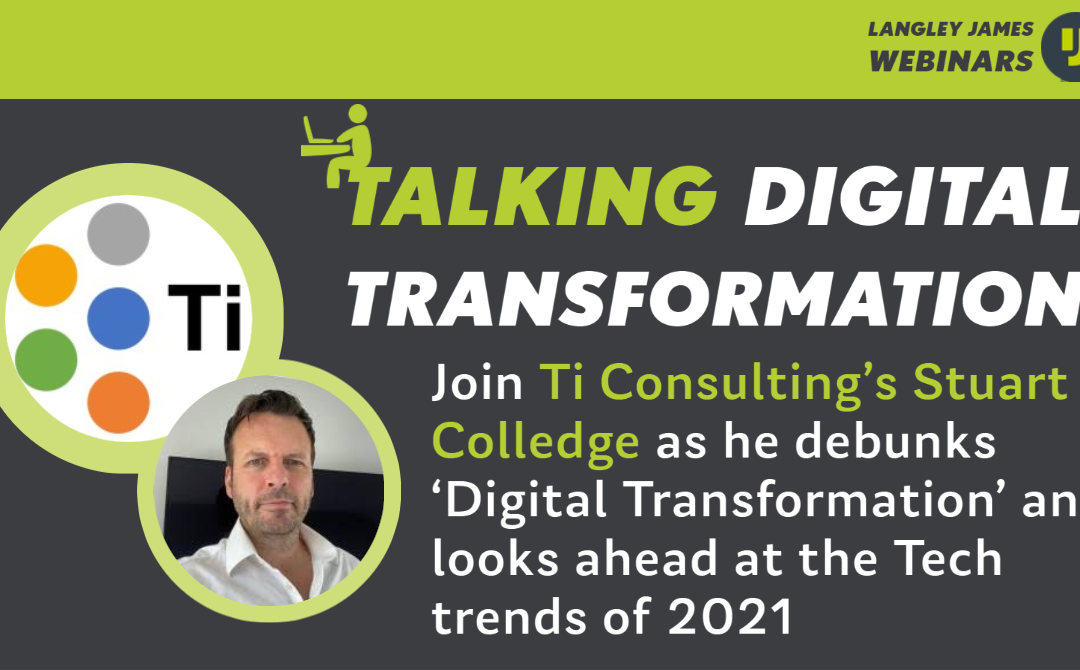
What Candidates Want – How to Attract the Very Best IT Candidates
What candidates want from a new job has changed significantly for many. The pandemic, lockdown and home working has created a wave of new needs. And now that the jobs market is opening up again, there’s a new problem in the war for talent. If you don’t have your finger on the pulse when it comes to what candidates want, you could be missing out.
We’ve worked with lots of companies throughout the pandemic to help them recruit someone worth recruiting. And now we are advising our clients on what they need to do now to attract the very best candidates. We speak to hundreds of IT candidates each week, and this is what they are telling us.
Salaries
Don’t be fooled into thinking that a mediocre salary is enough to attract the best candidates. When it comes to what candidates want when it comes to salary, you must stretch that little bit further. Or, of course, lower your expectations on what you are looking for from your new hire. Each month we publish a salary guide that shows the average salaries and contractor rates across the UK. It’s a great place to start when it comes to deciding on what you can offer. Are you competitive in the market? Or, what else can you offer on top of salary to attract strong candidates?
We are seeing a huge increase in counteroffers as companies try and hold on to their best staff. The team at Langley James are also seeing multiple offers being delivered to the same candidate. We make sure that we pre-screen all our candidates thoroughly to help prevent this from happening. Finding out what they really want from a new job and helping them find it is the secret to helping make sure you get your first-choice candidate. But it’s not just salary that’s in the list of what candidates want.
What candidates want when it comes to flexibility
Flexible working was something lots of companies were ‘playing’ with pre-pandemic. But as we went into lockdown in March last year, the world of work was turned on its head. Companies were forced to fast-track their working from home policies as we all stayed at home to protect lives. But now, and we write this just over a week before all restrictions are due to be lifted and Boris tells us all to go back to the office, there’s a higher expectation on flexibility.
Not everyone wants to, or even likes to, work from home. But if you consider the benefits and work out a way to still offer this and have your team back in the office then you will have the edge when it comes to candidate attraction. Think about what candidates want when it comes to flexibility. What are the benefits they experienced over the last 18 months? And what can you continue to offer?
For many, there has been the cost saving of the commute. And the additional time gained from not experiencing the rush hour every day. Think about how you could be flexible with start times, or a hybrid office based / home based set up. We appreciate that not every company is able to offer this. So instead, having an open mind to ad-hoc flexibility. This can go a long way when it comes to attracting the best candidates.
Training
Did you learn a new skill during lockdown? The coronavirus-fuelled trend for learning a new skills is more than fleeting, and we all need to be mindful of this when it comes to work. What can you offer that helps to satisfy the need for continuous learning? These are the small things that help you stand out in an overcrowded jobs market.
By offering additional training and development you not only get the edge on attracting the best candidates, but you can also benefit by ups killing your team. Think about what you need in 2-4 years and implemented a training plan now to make sure you are there.
How we can help
If you would like advice on how to make sure you are getting the best candidate for your open job, get in touch. We pride ourselves on working with you and sharing market insight. By sharing this with you we can help you make decisions on what you really need to do to fill your IT job with the right candidate, first time. Don’t just give your job to an agency and hope for the best. Work with a company who have as much interest as you do in filling the job!
We have been recruiting IT experts for permanent and contract roles since 1999 and our team has a huge amount of experience between them. We love what we do and we’re pretty good at it! Experience the difference of dealing with a true specialist – get in touch with our specialist consultants today.
















Recent Comments